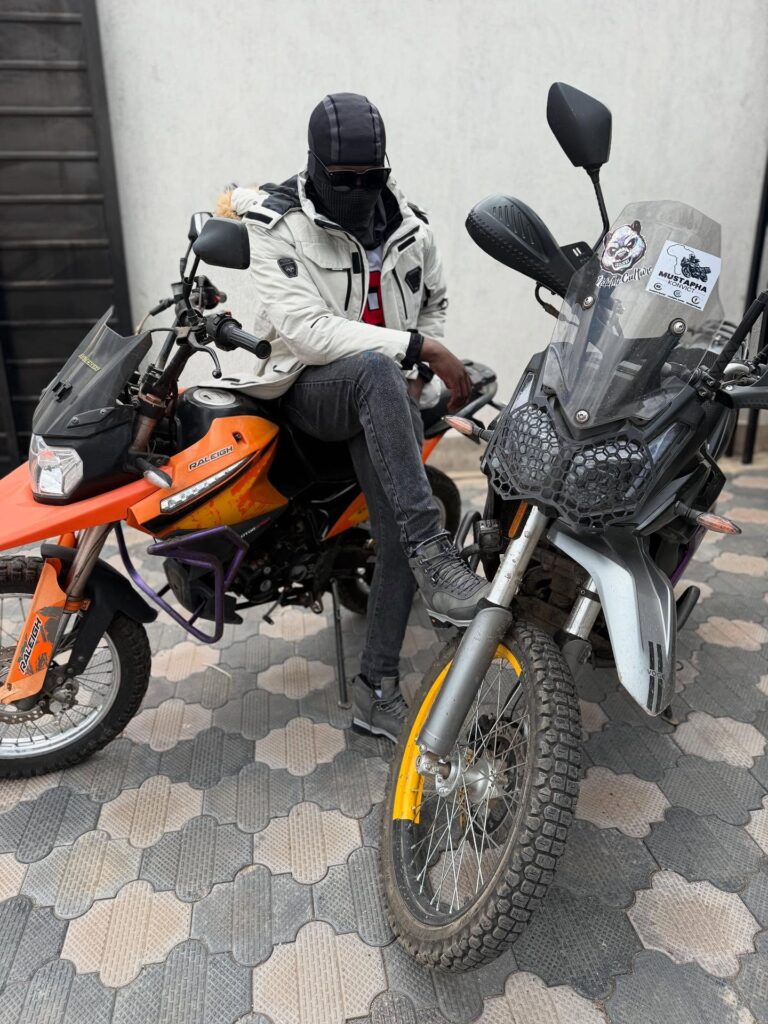Popular influencer and biker Brayo Biker, also known as Biker Nairobi, has responded to the controversy sparked by a viral video showing him riding his motorbike inside a church during a service. The footage prompted widespread debate online about whether the act was appropriate within a sacred space.
Addressing Public Concerns
In a statement on social media, Brayo acknowledged the sensitivity of religion and emphasized his respect for diverse beliefs. “I’ve been reading the comments and I understand that religion is a sensitive topic. We all come from different backgrounds and hold different beliefs, and I truly respect that,” he wrote.
He clarified that his intention was never to offend or disrespect anyone, noting that he had been asked to bring his bike into the church. “Some people felt a certain way about me riding my bike into church. Personally, I didn’t see anything wrong with it, but if it came across as offensive or disrespectful, please know that wasn’t my intention,” Brayo explained.
Faith in Unconventional Forms
Brayo highlighted that this was not the first time his motorbike had been involved in a religious setting. Upon purchasing it, the bike was prayed for, and similar gestures of faith have occurred previously. He also shared a recent incident where a woman stopped to pray for him on the roadside, demonstrating that “faith shows up in many ways.”
Promoting Unity and Dialogue
Beyond explaining his actions, Brayo used the statement to advocate for unity, understanding, and mutual respect. “As Biker Nairobi, I’ve always believed in love, peace, and understanding, even when we don’t see things the same way. My heart is in the right place, and I pray that we continue to respect and accommodate one another, no matter our differences,” he wrote.
The incident has divided online audiences, with some defending Brayo’s actions as symbolic and positive, while others criticized them as inappropriate in a religious context. Despite differing opinions, Brayo’s response emphasizes the importance of tolerance and dialogue, highlighting that personal expressions of faith can take unconventional but meaningful forms.

